Charles Pakana (Victorian Aboriginal News):
With just about everything in place for treaties between government, and Aboriginal Victorians, and traditional owners ready to commence. We’ve got the Treaty Authority in place. First Peoples’ Assembly of Victoria has developed and published the Treaty Negotiation Framework, and everybody it seems is seeking to become Treaty ready. Things are set to change forever here in Victoria. Today, I’m speaking with the mayor of Merri-bek City Council, Adam Pulford. A man who’s previously worked with the First Peoples’ Assembly of Victoria, and has made no secret of the fact that he would like to see a treaty between the city of Merri-bek and the traditional owners, the Wurundjeri Woi Wurrung. Councillor, thanks for speaking with me today.
Cr. Adam Pulford, Mayor City of Merri-bek
Thanks for having me, uncle Charles.
Charles:
Let’s just start right from the beginning. You have a bit of an involvement with the First Peoples’ Assembly of Victoria. You were employed there for a couple of years prior to becoming mayor of Merri-bek. What was that all about?
Adam:
So, my role at the Assembly was in the comms team, and I helped with just media and communications. I loved that job. I was really grateful to have the opportunity to work at the Assembly and be part of this history in the making, which is treaty, which is happening here in Victoria. So, I got to be part of a lot of the major events, and help wrangle the journalists, and make sure that the wider community was hearing about what’s actually happening in Treaty here in Victoria. Yes, I got elected as mayor in November last year, so took a leave of absence from that role.
Charles:
What do you think really impacted on you to the point where you came from two years working in the comms team at the Assembly, to coming in as the mayor and saying, “Well, this is what I want to achieve. I’d love to see this city actually enter into a treaty.” Was there a light bulb moment at any point during your time at the Assembly?
Adam:
No. Look, Merri-bek has had a long-standing commitment with the Wurundjeri Woi Wurrung people as the traditional custodians of the land that Merri-bek is on. And so for a long time now, the council as a whole has supported a treaty or treaties to put self-determination to action for First Peoples. So really, it was just becoming mayor… The role of mayor, you’re more of the figurehead or leader role of the council for a year, so it gave me, I guess, an extra platform to be able to support the movement towards treaty. I believe our community’s on board with it and our council’s on board with it, and I think Merri-bek will hopefully be. I’ll work towards this, one of the first councils that gets involved with treaty making as a local government.
Charles:
As has been stated many times, there can be no treaty without truth telling. In our pre interview, Jan, you were telling me that Merri-bek has actually made a submission to the Yoorrook Justice Commission. Just before we get into the rest of the interview, give us a bit of an understanding about that submission and why it’s important.
Adam:
So, earlier this year, I and some council officers met with the co-chairs of the First Peoples’ Assembly of Victoria, just to get an update about how the treaty process is going and to express that Merri-bek is keen to be part of any treaty. The co-chairs suggested that given this term, we’ve gone on a journey from renaming ourselves from Moreland, which was our past name, to Merri-bek. The co-chairs thought that could be a good case study to share with the Yoorrook Justice Commission, so we’ve written up our experience of that process, and we hope that that can help inform Yoorrook in its work as an example of a community who’s faced up to its true history, have a public conversation about that with our community, and made a decision to move away from a name, Moreland, that had connected us to a history of racism and slavery and dispossession, and instead move towards a name that embraces the tens of thousands of years of history in this local area from the Wurundjeri Woi Wurrung people.
Charles:
Do you think that the experiences this council has had, and there’ve been really quite a few experiences over the past several years. The renaming from Moreland to Merri-bek, a 60 plus percent yes vote in this particular area on the 14th of October last year. Most recent, as you mentioned, the submission to the Yoorrook Justice Commission. Do you believe this is all a part of preparing or gauging at least the willingness of community for an eventual treaty?
Adam:
I think they’re all good signs that our community will be supportive of us being part of any treaty with the local traditional owners. I think some of that work in itself would’ve created a good outcome. I’ve supported the yes campaign. I would’ve loved to have seen a voice be established at a national level. I think what I’ve learned through working at the First People’s Assembly is, when you establish a black institution like the First People’s Assembly of Victoria, and the voice could have been at a national level, that’s a chance for Aboriginal and Torres Strait Islander people to build and cement power, and it can be a base that they can then work for further change and more change at a later date.
So yeah, I was disappointed that the referendum didn’t get up, but the strong yes vote from our community I think shows that our community are ready to work towards a better future between First Peoples in our community and the broader community, and actually help right some of the wrongs of the past.
Charles:
Sure. Now, when we’re talking about treaty here between Merri-bek and traditional owners, we’re talking about a local treaty rather than a statewide treaty. For our audience, of course, we have a hybrid model for treaty in the state, where there will be eventual treaties between Victorian Aboriginal people negotiated by the First People’s Assembly of Victoria and the state government, and then more local treaties. So, you’re talking about one where the Wurundjeri Woi Wurrung are the primary negotiating partners, correct?
Adam:
Yeah, that’s our expectation. We’re on Wurundjeri land. I believe the Treaty authority will declare the official parties itself, but we expect it to be Wurundjeri given we’re on Wurundjeri land.
Charles:
Now, have you actually spoken to the Wurundjeri about this, because in order for a local government, or anybody other than a primary negotiating party to be invited into treaty negotiations, they need to be invited in by the Treaty Authority, and with agreement of both the state and the Wurundjeri. So, have you done some ground preparation with Wurundjeri for this?
Adam:
Yeah. We’ve written to the Wurundjeri and expressed our desire to be part of a treaty, and we regularly get to see members of the Wurundjeri people at different events. Often, it’s Uncle Andrew Gardiner, and we’re always talking about a treaty. It’s a huge priority for particularly Uncle Andrew, who is one of the members of the First People’s Assembly. And so there’ll be some formal meetings we need to have between us, as council, and the Wurundjeri, but my understanding is… Council is keen, and my understanding is the Wurundjeri is keen for council to be part of a treaty with them.
Charles:
I can accept the fact that there was 60 plus percent of Merri-bek residents who voted yes for the voice to parliament, and that may have been a good gauge of the support. But given that in just a few months time, all councils across Victoria are up for re-election, let me ask you this: Do you see it as a potentially bold, or even, and politicians hate this, a brave move on your part to declare your support for treaty, and that you intend, if possible, to take this council and city through to a treaty?
Adam:
For our community, I actually don’t think it’s that bold of an idea. I think maybe in other parts of the country it would be considered quite brave and bold, but I almost believe that our community expects us to be working towards a better future. For First People’s, but for everybody, and they, I think, will hold council and the future council and future Councillors accountable to that. So, I don’t think it’s brave or bold. Maybe being one of the first local governments to be part of a treaty in Australia, that’s a bold, ambitious thing, and I want us to do that, but I honestly think our community has high expectations, and we’re going to do our best to meet them.
Charles:
What about treaty readiness? I’ve spoken to a number of people about what does treaty readiness actually mean to them. We spoke recently to Ruben Berg at the assembly about that. But from your perspective, at a local government level, what does getting treaty ready look like, at least one level?
Adam:
I think partly, and this is what I’ve been trying to do a bit in my term as mayor, is socialising the idea that treaties are coming, and just talking to people about the treaty process and the opportunity that it provides. So, I’m in an interesting position there. I’m now mayor, but I worked at the First Peoples’ Assembly. The body that’s leading the way on treaty and will be negotiating treaty with the Victorian government, but that’s a unique experience for mayors. So, when I’ve met with other mayors and other Councillors, I’ve made it a priority to talk to them about treaty, and kind of give them an update on the fact that we have the independent umpire, the treaty authority. We’ve got the ground rules for treaty making, the Treaty Negotiation Framework, and the assembly is there and preparing for treaty negotiations, and just giving them the heads-up that this is an opportunity for local governments to be part of.
So yeah, I think a big part of getting treaty ready is kind of socialising that idea, because while it’s history in the making that’s happening here in Victoria, I think still a lot of people aren’t aware of what’s actually going on. And so part of our role is sharing that news and educating people that treaty is happening, but also I think putting ourselves out there, saying, “We are ready to be part of a treaty. We want to be part of a treaty,” and showing leadership in that sense.
Charles:
That is going to be an important thing. You mentioned socialising, but let’s just drill down a little bit on that. Now, recently, this city hosted a treaty information event here in the town hall, where we had members of the assembly talking to the community. I think it was the Wills’ For Yes campaign as well. They worked with the council on this.
Adam:
That’s right. I think they’re now First Nations Justice Wills.
Charles:
Right, okay. How important do you see these community events being in getting the community ready for treaty, and is one enough?
Adam:
I think the events are important. Obviously not everybody who sees the event is happening can make the event, but I think people will be happy to know that we are putting on those events, and that they can come along and learn more. But you’re right, one event, you can’t just tick that box and say, “Our community’s ready.” We have run a number of events over the last few years. I’ve been to a couple of them that councils run with different members of the assembly, but I think it’s a conversation that’s starting to broaden out now.
The assembly has got the infrastructure or the architecture in place for treaty making to happen with the Victorian government. Treaty negotiations in the statewide treaty are set to begin shortly. So, I feel like the groundwork’s been done. We’re now at a point where the broader community is going to be hearing more about this, and I think we do have a role to play as council to talk about what treaty making actually means. What it doesn’t mean, counter some of the fear campaigns that we saw surface during the referendum debate.
Charles:
So, no one’s going to lose their backyard in Merri-bek?
Adam:
No.
Charles:
Can you assure them of that?
Adam:
Yes. I could assure them that no one’s going to lose their backyard, and I think really talk about the opportunity that treaty provides. A lot of our community are uncomfortable that we haven’t properly faced up to our past yet, we are living on stolen land that sovereignty has never been ceded over, and that’s kind of the negative part of it, right? There’s also the positive part, which is this land is home to a culture, the oldest continuing culture in the world, and there’s a lot of wisdom and knowledge that treaty can help unlock for the broader community.
Charles:
Now, we’re diving into the benefits of treaty to the broader community, and I do want to get there. I just want to hold back for a little bit because I want to now talk about challenges. So, you’re talking about Socialising, about communicating out to the community, the benefits, and essentially the preparedness for treaty, but what are some of the key challenges that you and this council might see going forward in a treaty process with the Wurundjeri?
Adam:
I think it depends on what opposition arises.
Charles:
And, of course, that will happen.
Adam:
It will happen, yes. Having gone through the renaming process, we did experience, I guess, kind of… Maybe that was kind of like a microcosm of what could happen when we start getting involved in treaty making, where we did hear from members of our community who weren’t happy with the process we were going down for renaming, and I think a lot of their critiques were process-based, but I actually think some of it was racist-
Charles:
Yeah, sure.
Adam:
… and kind of disguised in concerns around process.
Charles:
Well, it does exist, and we can’t hide from that. It’s a reality of our society.
Adam:
Yeah.
Charles:
So, do you see that as being the main challenge? That these vocal elements, because the minority will be obviously the most vocal, so do you see that as a primary challenge?
Adam:
I don’t think it’s going to stop us, and I think we’ve got to be careful. I think there will always be a section of the community that will have racist views.
Charles:
Sure.
Adam:
There’ll also be a section of the community where this is all a whole new idea for, and I think that’s where our socialising or promoting of the benefits of treaty, actually explaining what treaty is. You can bring those people who might have concerns or might be a bit unsure about what it means, you can bring them over to the support side if you can take them along the journey, and I think we did see that through the renaming process. But when it came down to whether we rename our council or not, we had eight out of 11 Councillors supporting it, so that is a strong majority. There is, on this council, strong political support for justice for First Nations peoples, and given our community in Merri-bek, I suspect… Anything can happen in election, but I suspect that the next council will also have a majority of people who want us to be part of treaty making, part of addressing the wrongs of the past, and helping to make things better.
Charles:
Well, I’ll bring us back now to the benefits, because you were starting to allude to those a little bit earlier on. What do you see as being the benefits to the community given, and I’ll just preface that by saying that the Treaty Authority and the First Peoples’ Assembly of Victoria all state that a treaty is not just for Aboriginal people, but it is to seek a betterment of all of Victoria, so how do you see that a treaty with the Wurundjeri Woi Wurrung might benefit the residents of Merri-bek City?
Adam:
So yeah, so treaty is about making sure First Peoples have the freedom and the ability to make decisions that affect their country, their community, their culture. Aboriginal people are the experts on their own lives and treaty recognises that, and through treaty, the hope is that the Aboriginal communities can better thrive. If Aboriginal communities can feel more pride, can thrive, they have more opportunity for sharing culture, sharing language, managing land, economic opportunity. That’ll benefit everybody in general. But also, through treaty, we could see cultural centers be established across Melbourne. One could be in Merri-bek, and it could be a kind of community hub led by the Wurundjeri that is a site for sharing culture, sharing language, education. It could also be for health services, for example. But when you have a strong thriving Aboriginal community who are in a place to be able to, and even say a center where they can foster culture and education and sharing.
Charles:
I assume you’re talking here about Ballerrt Mooroop.
Adam:
Yes, that’s right. Yeah. So, there is a site in Glenroy that has a long history of Aboriginal education called Ballerrt Mooroop. At the moment, that land is owned by the state government, leased to council, and we sublease it to the Wurundjeri Woi Wurrung. But the Wurundjeri Woi Wurrung and First Nations members of our community have long held the vision of that being owned by the Wurundjeri people, and then be able to set up a community center that could be sharing culture or education, or health, for example.
Charles:
And is this something that you would be advocating for if you were to be invited into treaty negotiations? That Ballerrt Mooroop would be handed back totally, full ownership, back to the Wurundjeri Woi Wurrung?
Adam:
Yes, that’s right. It’s our position of council at the moment, and we have been advocating to the state government for the transfer of that title of land to the Wurundjeri. Our lease with the state government ends in October this year, so those conversations about what happens next are happening right now. The Wurundjeri are involved. There’s members of our First Nations advisory committee who contribute to those conversations. Council is amplifying and supporting the wants of the Wurundjeri
Charles:
From a political level, and without naming any of your fellow Councillors, what are some of the key arguments that you may have had come up over the past several years, which may have been, for example, against renaming Moreland to Merri-bek or against the voice? I believe that council allocated $18,000 at one point to supporting the initiatives contained within the Uluru State from the heart. What are some of these key arguments that you are hearing?
Adam:
Some of it’s about process, like we were talking about. People didn’t run at the 2020 Council Elections on the platform of renaming our community. But look, the reality is lots of issues arise after elections in decision-making bodies and Councilors, and people who have to make decisions need to act on those issues as they arise. I think that’s what happened with renaming. I think as we saw in the voice debate, it’s that kind of argument that we should all be treated equally. And so any kind of special treatment of one group, whether it’s LGBTIQA plus people, or whether it’s First Nations people, is seen as unfair, or, “Why can’t we all just be equal?” I mean, obviously, I don’t agree with that point of view because it’s-
Charles:
So, that’s an ignorance of the fact that equity needs to be delivered before equality can ever be achieved?
Adam:
Yes, yes. Also, it assumes that, yeah, exactly, we’re all coming from the same starting [inaudible 00:18:47].
Charles:
Which we’re not.
Adam:
Which we’re not, because racism, colonization.
Charles:
Absolutely.
Adam:
But that is an argument that you do hear from people, and so I think that’s partly why truth-telling is important. When people hear personal stories, and I think that’s what has been really powerful through some of the Yoorrook hearings, is when Aboriginal people are sharing their life stories and you can pinpoint moments of their life to broader systems and structures that are racist, or that don’t take into account the different baseline we start from, you can draw a line from those policies to the impacts on people’s lives. I think the sharing of those stories through Yoorrook can actually help grow community understanding and appreciation, that First Nations people are still facing racism and discrimination, and there needs to be actions taken to address those and to actually bring us up to the same level.
Charles:
And you believe treaty here in Merri-bek can help achieve that?
Adam:
Yes. I think the statewide treaty is a big part of that, and I think, locally, us being part of a treaty with traditional custodians is also part of that. I think Aboriginal people are the experts on their own lives. They know best what works, what solutions actually work. They know what will work in practice, versus a white government or a white community coming in and saying, “This is what works for us.” It doesn’t necessarily work for community. So, any opportunity for First Peoples to be more in control of their destiny is a good thing.
Charles:
Councillor Adam Pulford, Mayor of Merri-bek, thanks for your time.
Adam:
Thank you, uncle Charles.


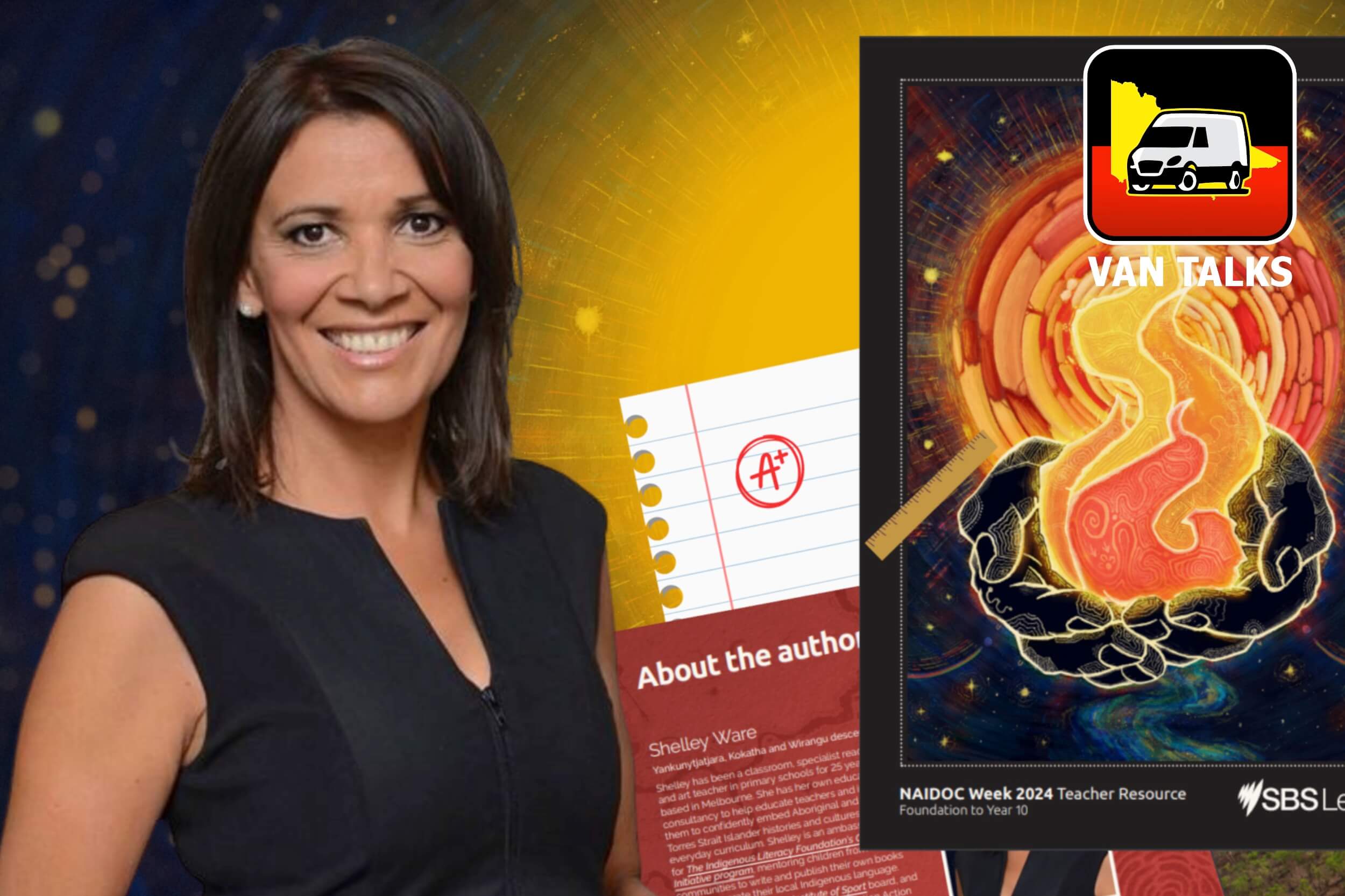
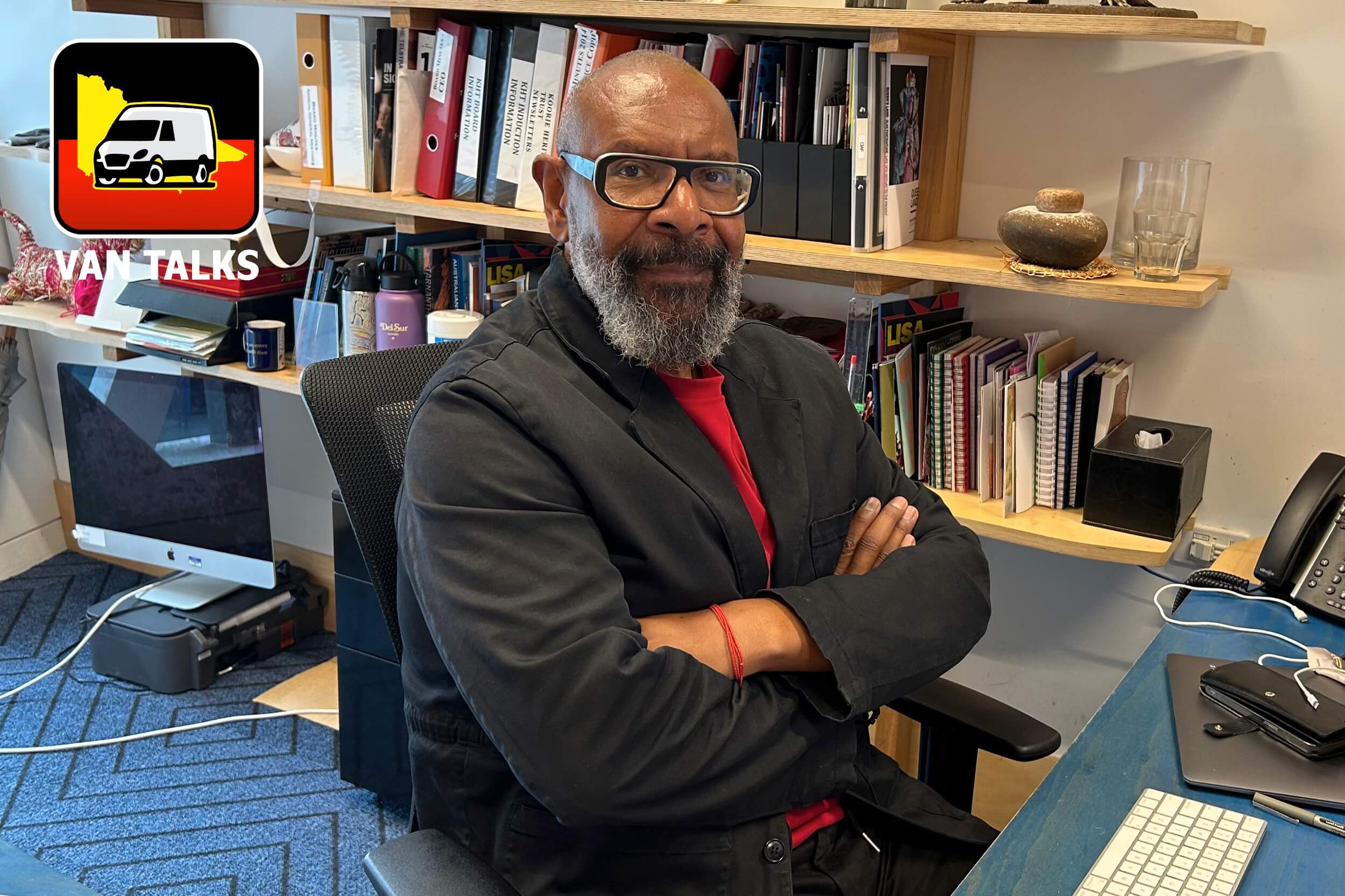
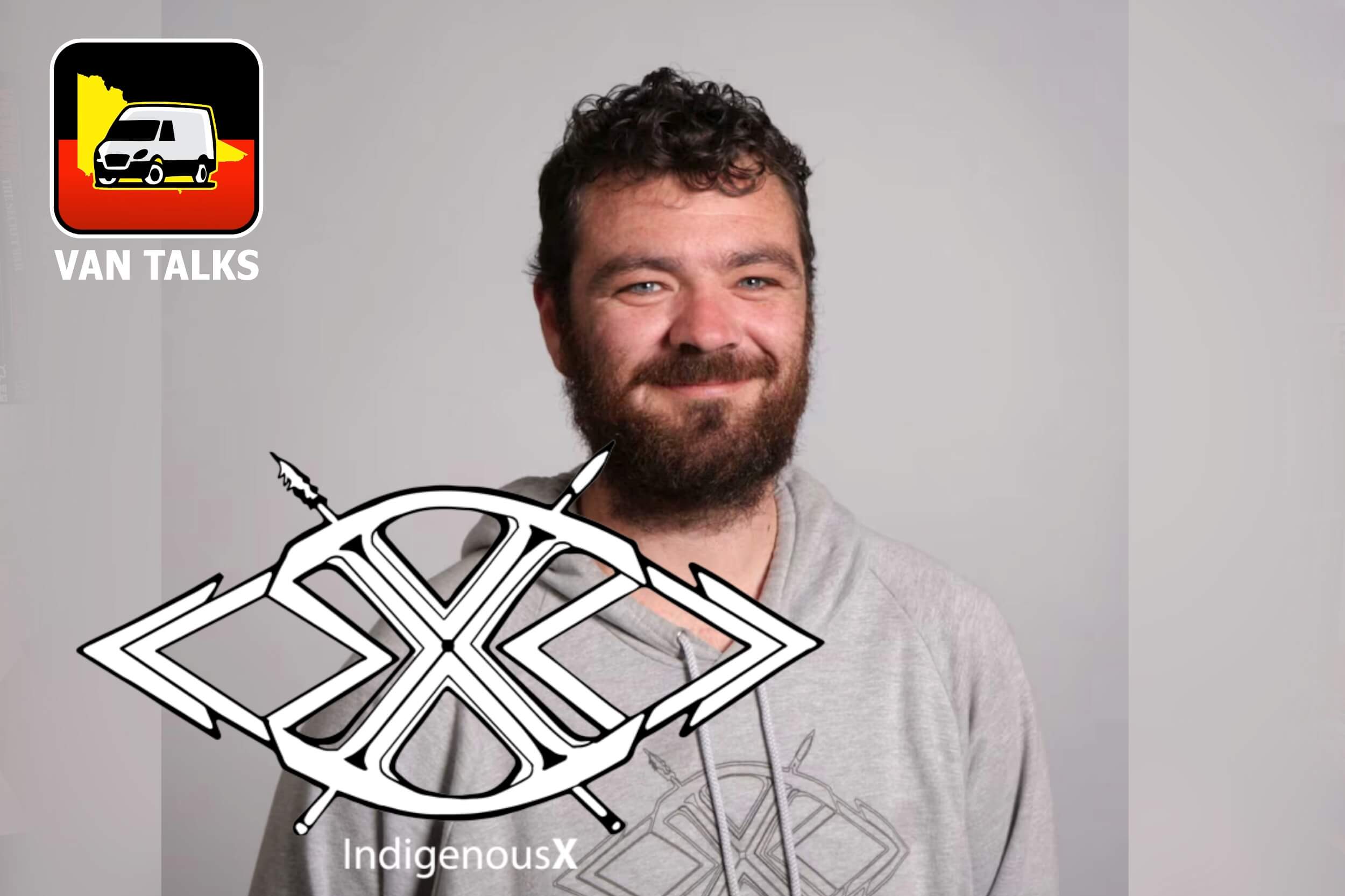
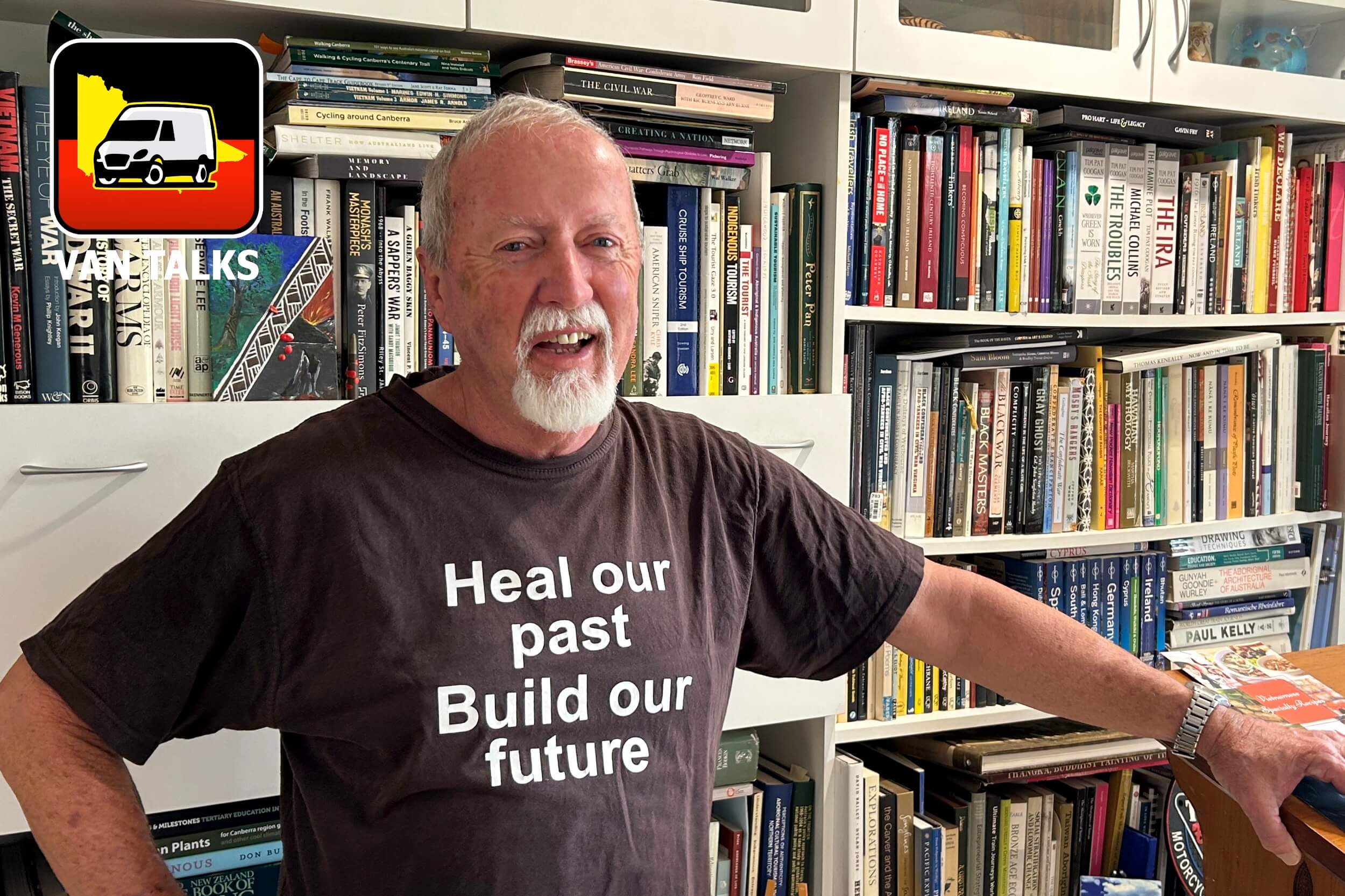
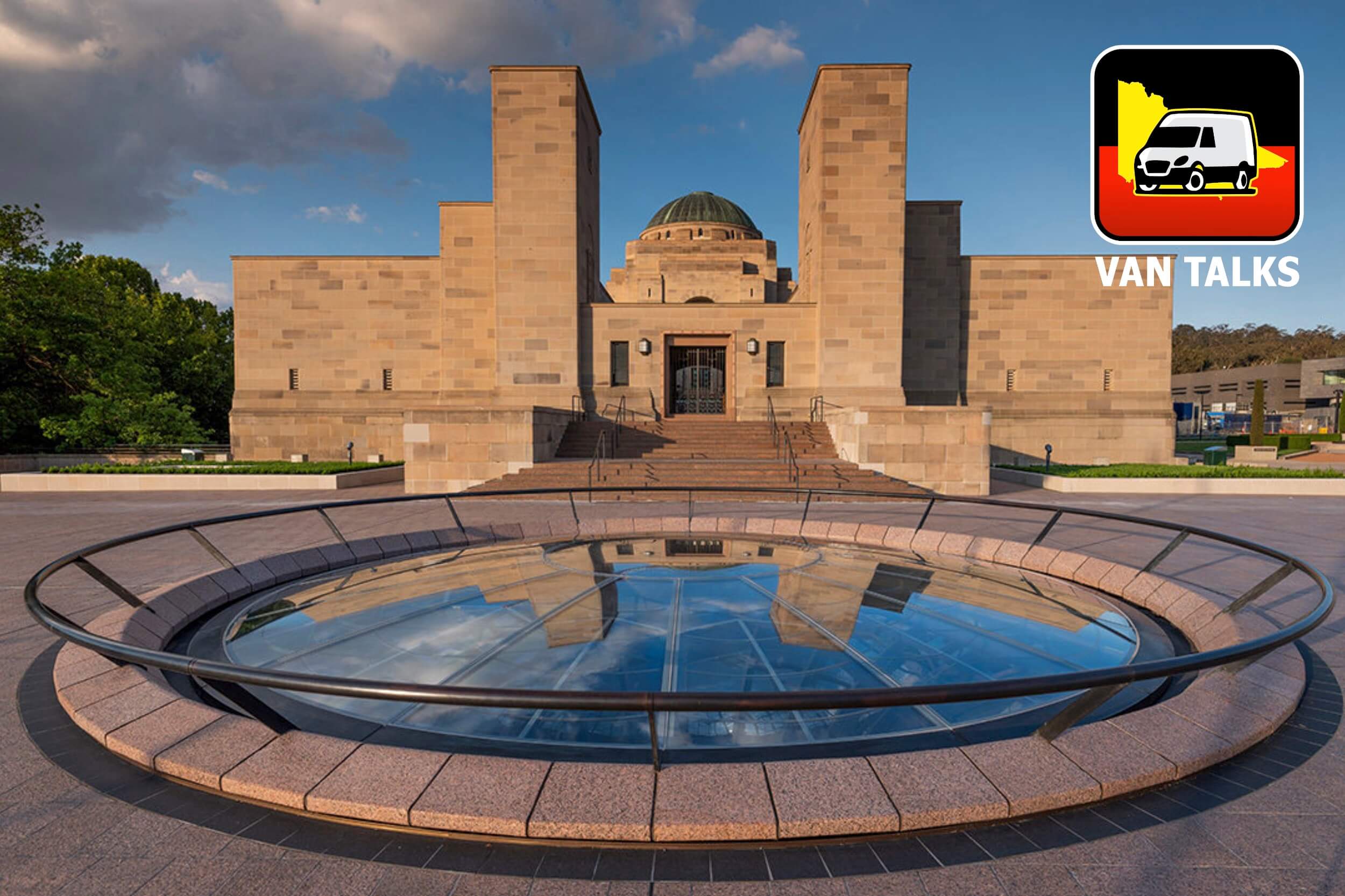

As a resident of Merri-Bek totally support what Adam is talking about. Would love to see a percentage of the rates income go to the Wurundjeri Woi Wurrung People, in recognition of the fact that sovereignty was never ceded.
Thanks for your comment. There is definitely some interesting stuff happening in the local government space, and Merri-Bek is doing some incredible work.